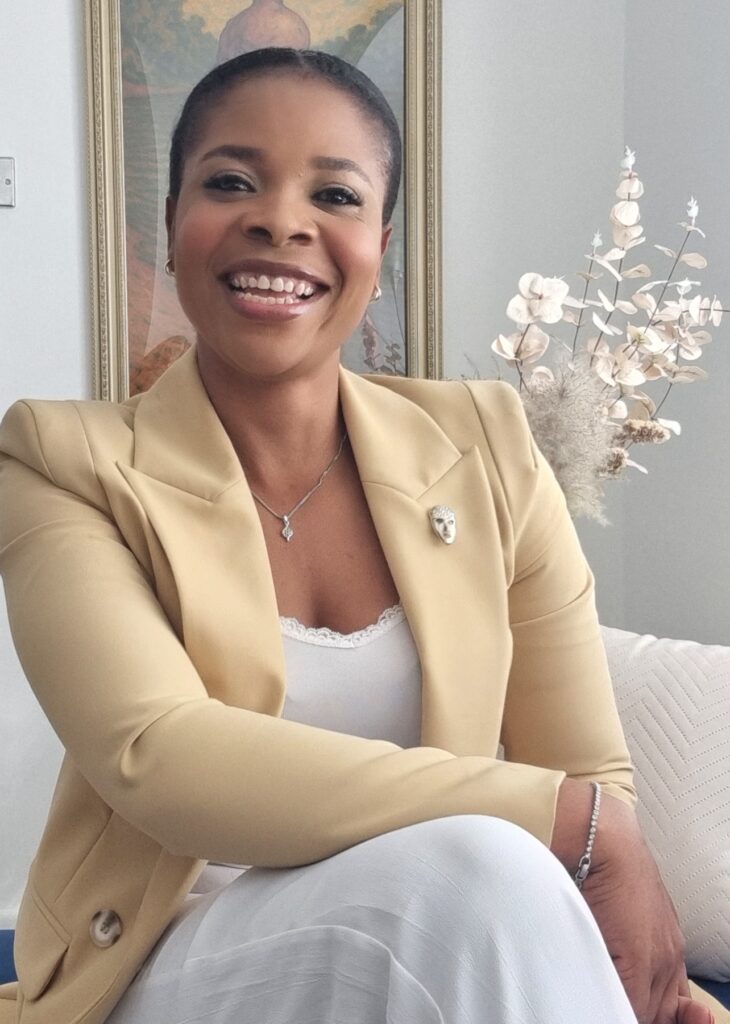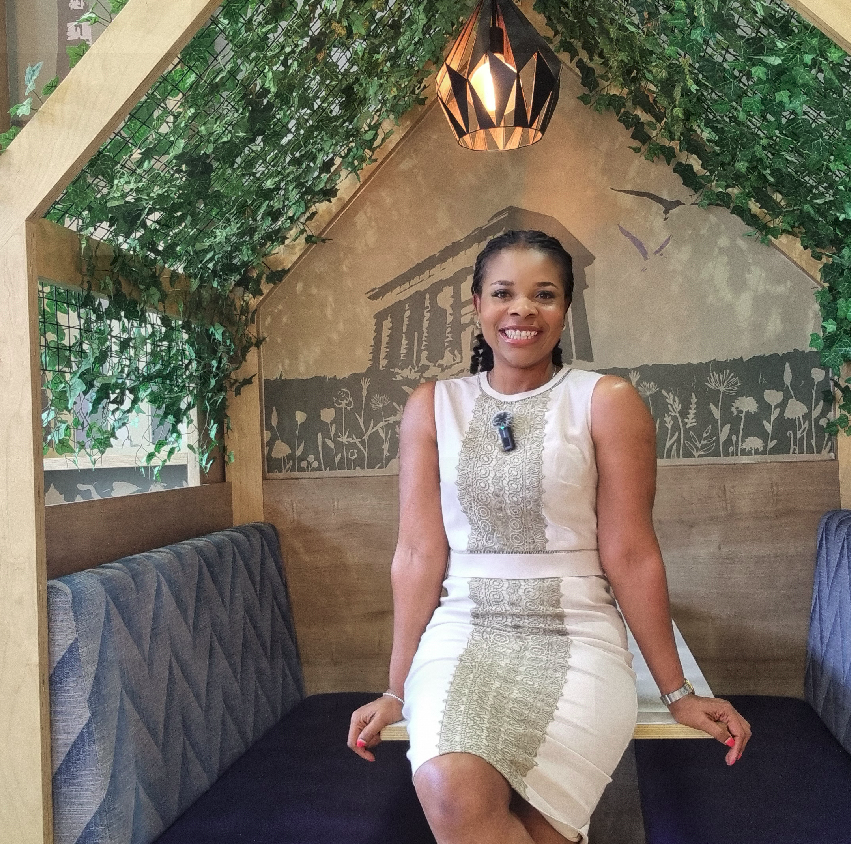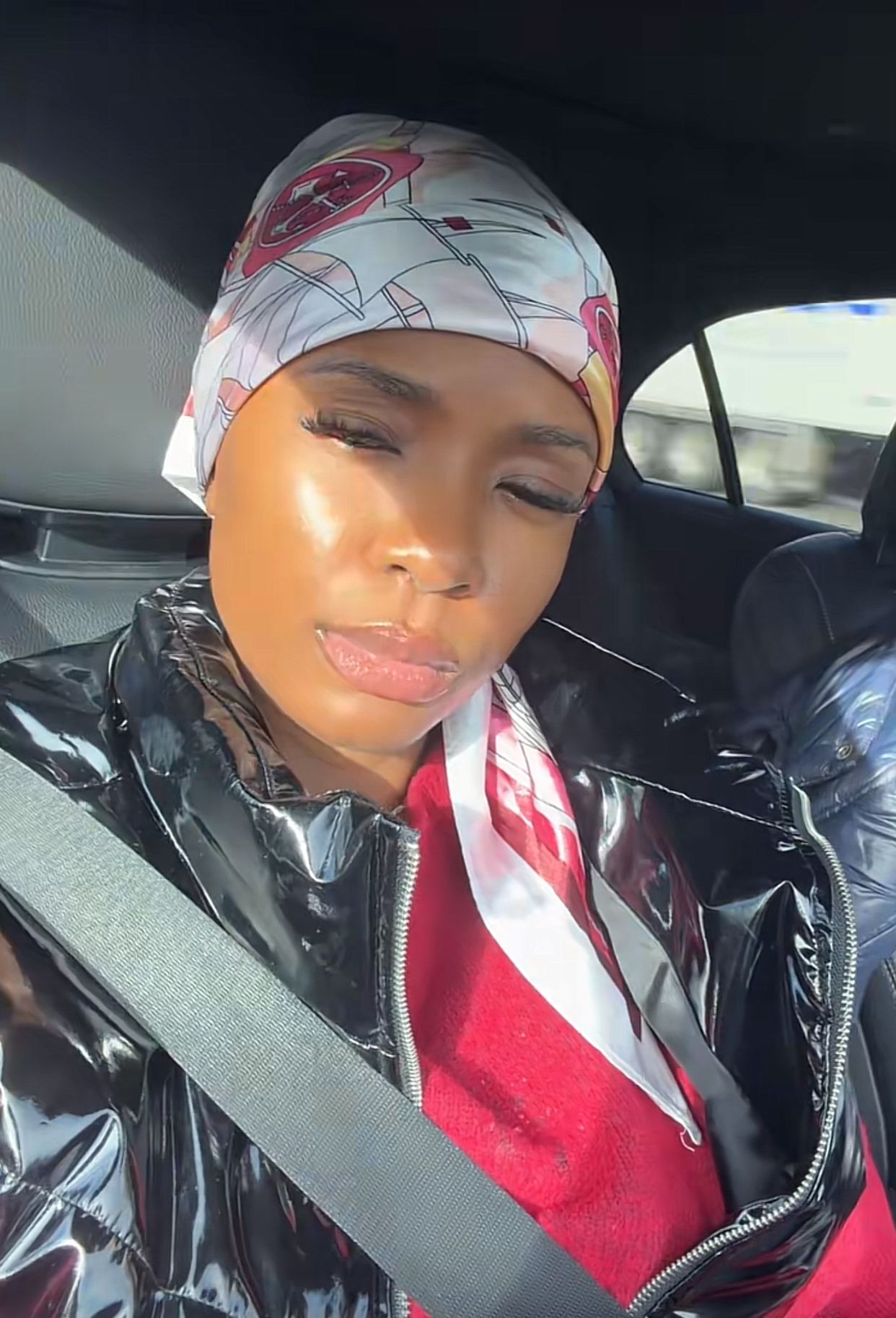Sunderland-based journalist is using her platform to tell the stories that often go unheard.
The Nigerian-born reporter says her journey from Lagos to Sunderland has been one of purpose, passion, and perseverance.
When Godstime David left Nigeria to study in the UK, she carried one conviction with her, that journalism should be rooted in humanity.
Today, she is turning that belief into action, championing stories from Sunderland’s diverse communities and giving a voice to those too often left out of mainstream headlines.
“I have always believed journalism should be about people, real lives, real experiences. It is not enough to tell the big stories. We must tell the small ones that matter most to everyday people”, she says.
After completing her secondary education and first degree in Mass Communication in Nigeria, Godstime worked as a news personality for a few years but she wanted to take her craft further.
“I wanted to gain advance experience in journalism, understand storytelling at a deeper level and have a feel of what press freedom actually mean”, she says. “The UK was the closest to home, and the University of Sunderland offered courses in journalism that fits the picture i had in mind”.
She completed a Bachelor of Arts in Communications and later graduated with Distinction in her MA in Journalism, describing it as a ‘life-changing experience’.

“Choosing Sunderland was the best decision of my life”, she says. “The course was so hands-on, you don’t just learn about journalism, you practice it on-the-go. It prepared me for the realities of the newsroom and gave me the confidence to tell stories that matter. I gained skills in news writing, investigative reporting, interview skills, content creation for web/social media and video-production”.
“When I first started practising journalism in Sunderland, it was a real struggle. Getting people to speak to me was far more difficult than I had imagined. I would approach people for interviews or comments, and many would simply walk past or decline to speak. Some would say, ‘Oh, don’t use that’, after giving a brief comment, while others would question my credibility entirely, asking things like, ‘Are you a real journalist or just a content creator?‘ Those moments were heartbreaking. I often went home questioning myself, wondering, ‘Am I the problem? Why won’t people talk to me?'”.
“It was a period of self-doubt. Post-graduation, as I was trying to build my footing, identity and brand, those rejections felt personal. There were days I thought about giving up, maybe taking an easier path, something that wouldn’t make me feel so exposed or uncertain about my place in this industry. But then I had a few important conversations with my lecturers.. now former, who reminded me not to take such experiences personally. They said, Many people simply don’t want to speak to the press. It’s not about you”.
Ms. David also said that the advice changed her outlook completely and she ‘began to see journalism not as a personal test of acceptance but as a calling that sometimes meets resistance’.
“I have learned to grow a thick skin and separate rejection from identity. Over time, I stopped thinking of it as a ‘Black woman’ being ignored, but simply as a journalist navigating the challenges of the trade. Looking back, I am grateful for those difficult beginnings, they shaped my resilience and reaffirmed my passion for telling stories that matter. I have no regrets choosing this path”.
Now working full-time as a ghostwriter and research journalist, Godstime also contributes part-time to local media in Sunderland and across the UK, focusing on community features and local voices. Her approach to journalism is guided by empathy and impact.
“Community journalism connects people and it reminds us that every story, no matter how small, has value. Through my work, I am able to support members of the community, tell their stories in the way it should be told and in most cases connect others in distress to the right officials for support”.
Her passion for storytelling has also taken her beyond the newsroom. She collaborated with Professor Angela Smith of the University of Sunderland and Endurance Idowu on the Sunderland Black History Walk app, a project that explores the city’s long and often overlooked Black heritage. Developed as part of Project North Star, the app offers a guided trail highlighting key sites linked to Sunderland’s role in anti-slavery and anti-racist movements.
She also worked with Professor Donna Chambers and a consortium of other black and brown professors and research associates on the Generation Delta project. Generation Delta is designed to increase the number of Black, Asian and Minority Ethnic (BAME) female professors in UK higher education by addressing institutional and individual barriers at various stages of postgraduate research.
As the UK celebrates Black History Month, Godstime’s work stands as part of a growing legacy of Black and Nigerian journalists making a mark on British society. Her storytelling reflects both cultural pride and professional purpose.






Leave a Reply